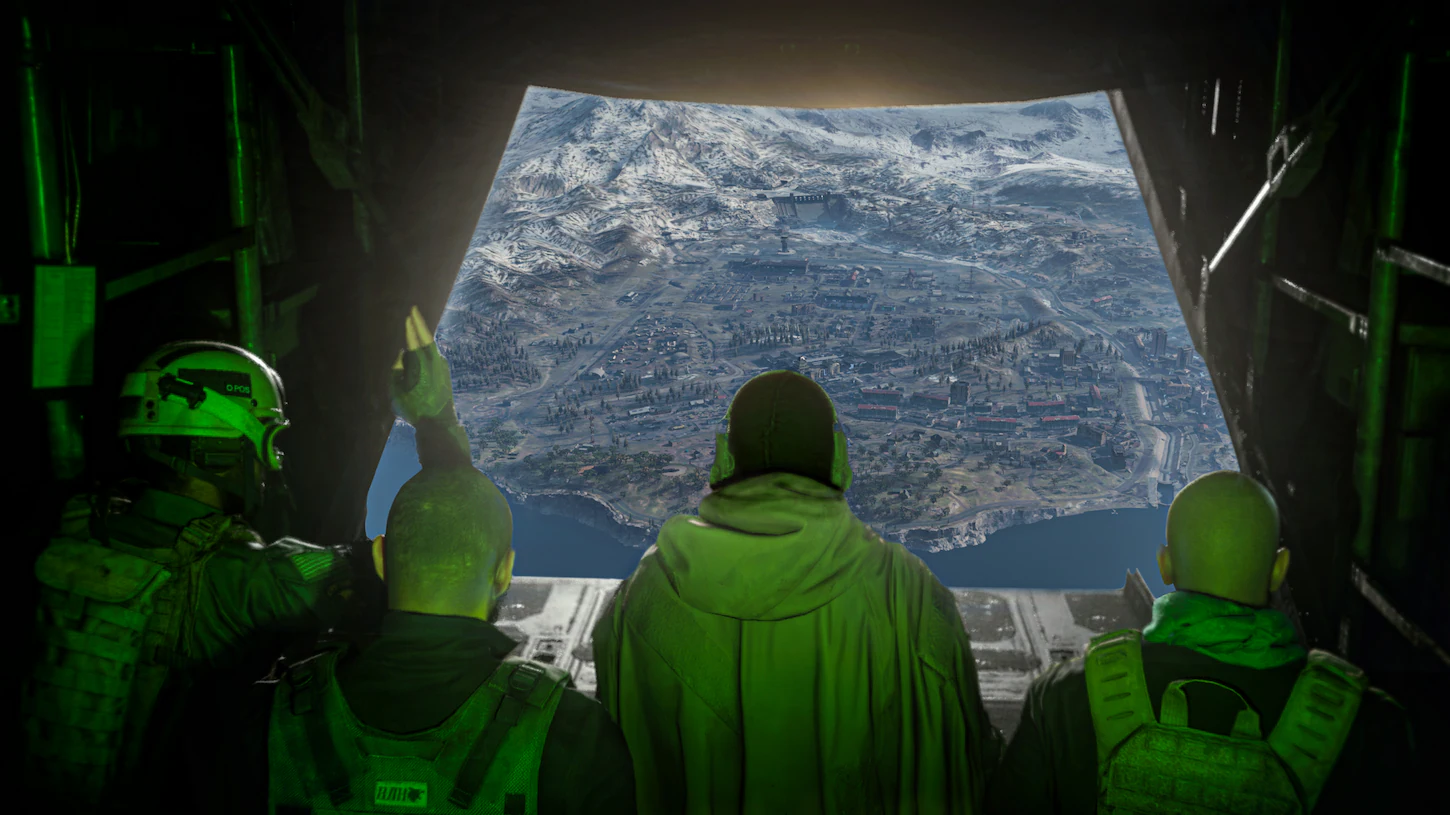Since its explosive debut in March 2020, Call of Duty: Warzone has steadily developed an esports presence. Regular events run by both independent organizers and Activision have helped elevate the battle royale to a competitive platform, especially among top-tier players in North America and Europe. However, despite the momentum, questions remain: Can Warzone establish itself as a true esports powerhouse?
In honor of its five-year milestone, Warzone brought back its fan-favorite Verdansk map and introduced a Ranked mode designed with competitive players in mind. These updates have reignited community interest, especially with tournaments drawing strong viewership.
Still, despite these positive signs, Warzone faces stiff competition. It remains to be seen whether its current trajectory can match the success of its battle royale counterparts.
Interest Spikes With Verdansk’s Return
The revival of Verdansk has sparked new enthusiasm across the Warzone community. Streamers, players, and event organizers have reengaged with the game, pushing viewership figures higher. The Total Frenzy’s Farewell to Urzikstan event reached a peak of 57,479 viewers, while the return of Verdansk in a Twitch Rivals tournament spiked to 163,013 viewers.
With Activision continuing to back Warzone through officially sanctioned tournaments — alongside third-party competitions — players now have a broader calendar of events to compete in. Warzone also holds a slot in the Esports World Cup, where its second appearance features the fast-paced Rebirth Island and Resurgence mode instead of the usual larger battlegrounds.
This new format, emphasizing quick action and frequent redeploys, contrasts with traditional slow-burn battle royale matches. While unconventional, it delivers constant entertainment that might be crucial for audience retention.
The Missing Piece: A Full Esports Circuit
Warzone currently lacks a year-round competitive structure. In contrast, titles like Fortnite and Apex Legends have built robust ecosystems through structured online and LAN tournaments, helping to grow consistent fan bases and long-term narratives.
The World Series of Warzone offers potential, but it’s currently a single annual event rather than a full-fledged seasonal league. To build a sustainable competitive ecosystem, Warzone needs a regular tournament cycle — similar to Fortnite’s FNCS or the Call of Duty League’s Major format — to give fans something to follow and players a reason to invest time.
The current scene leans heavily on one-off LANs with large prize pools. While exciting, this isn’t enough to sustain long-term esports engagement. Players need regular events to maintain momentum, while fans need stories and rivalries to stay emotionally connected.
How Warzone Measures Up Against the Competition
Without a consistent esports framework, Warzone struggles to keep up with rivals. Apex Legends’ ALGS Open hit a peak of nearly 250,000 viewers, while Fortnite continues to dominate with even larger numbers. Fortnite’s FNCS Pro-Am, for instance, saw over 660,000 peak viewers in 2025.
One issue for Warzone’s viewership metrics is fragmentation. Unlike centralized broadcasts for most esports, many Warzone players stream tournaments from their own perspectives, diluting official numbers. Even so, data trends show that audiences are slowly growing.
Another disadvantage is the lack of esports organizations fully investing in Warzone teams outside of major tournaments. This limits the scene’s visibility and overall support network, making it harder to attract long-term fans.
Warzone’s Audience and Identity
Part of the challenge lies in the identity gap. Fortnite leans into a vibrant, cross-media strategy, appealing to a younger audience with collaborations across entertainment. Warzone, by comparison, targets an older demographic with its realistic military tone.
Despite this, Warzone still has potential. Celebrity players and athletes have shown public enthusiasm for the game. A possible Pro-Am series, featuring well-known personalities — similar to Fortnite’s approach — could bridge the gap and generate wider appeal.
With Verdansk back and Warzone events gaining traction, 2025 offers a pivotal opportunity. A reimagined World Series of Warzone could set the stage for consistent growth and fan engagement — if Activision is ready to commit.
